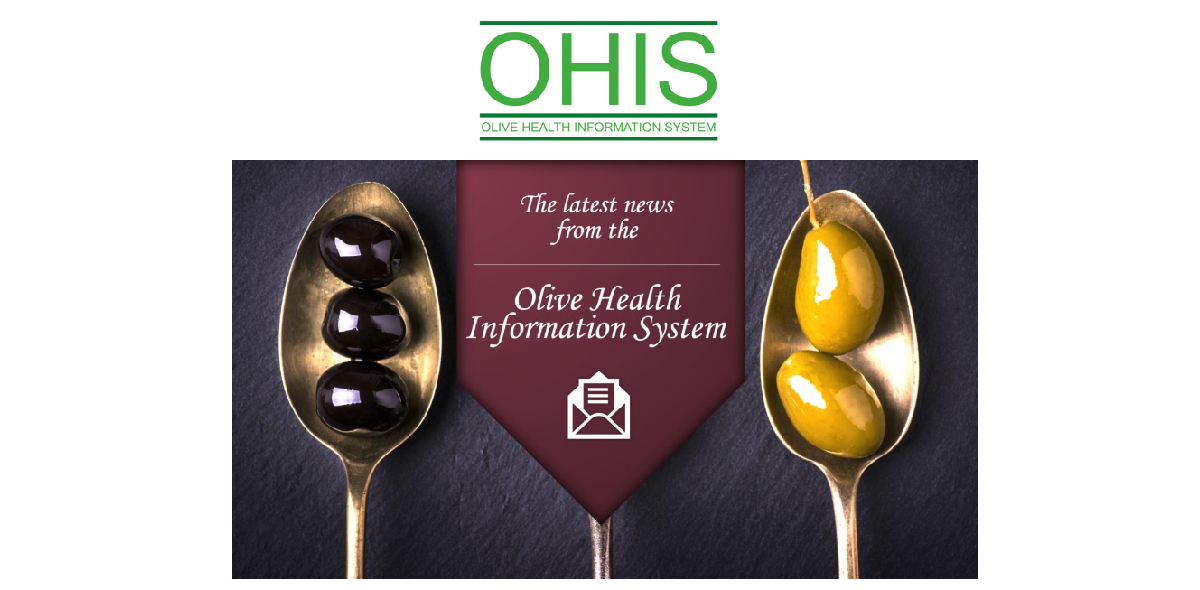Obesity can be prevented through the acquisition and maintenance of a healthy lifestyle, including an adequate diet and a sufficient level of physical activity. Despite this, obesity continues to be a global problem whose solution has yet to be found. In line with this, a team of researchers has recently focused on the role that dietary trace elements may play in the pathogenesis of obesity and related disorders. For this, they carried out a study on obese children and investigated the relationship between certain trace elements found in the blood and the adherence to the Mediterranean Diet (MD). The MD has demonstrated to be beneficial for the prevention and improvement of multiple diseases, including obesity and associated comorbidities, and its dietary pattern is mainly based on plant-based foods and the inclusion of olive oil as its main source of fat. The researchers found that children who followed more closely the MD guidelines showed better glucose control and a healthier lipid profile, as well as increased levels of different trace elements, which are, in turn, negatively associated with the metabolic complications underlying childhood obesity. Even at a young age, following a healthy diet, such as the MD, is important to prevent future diseases.
Diet is also important in other stages of life, such as pregnancy. Research has shown that an unhealthy maternal dietary pattern could lead to future complications in both the mother’s and the offspring’s health. For instance, Gestational diabetes mellitus (GDM) carries important short- and long-term health concerns for both mother and child. Through a systematic review and meta-analysis based on 108,084 participants, a group of researchers examined the role of diet quality on the risk of GDM and found that better diet quality before or during pregnancy reduced the risk of developing gestational diabetes mellitus. Concretely, women following a MD had 0,51 lower odds (95% CI: 0.30-0.86) of developing GDM.
You can CLICK HERE to go see our latest posts…










